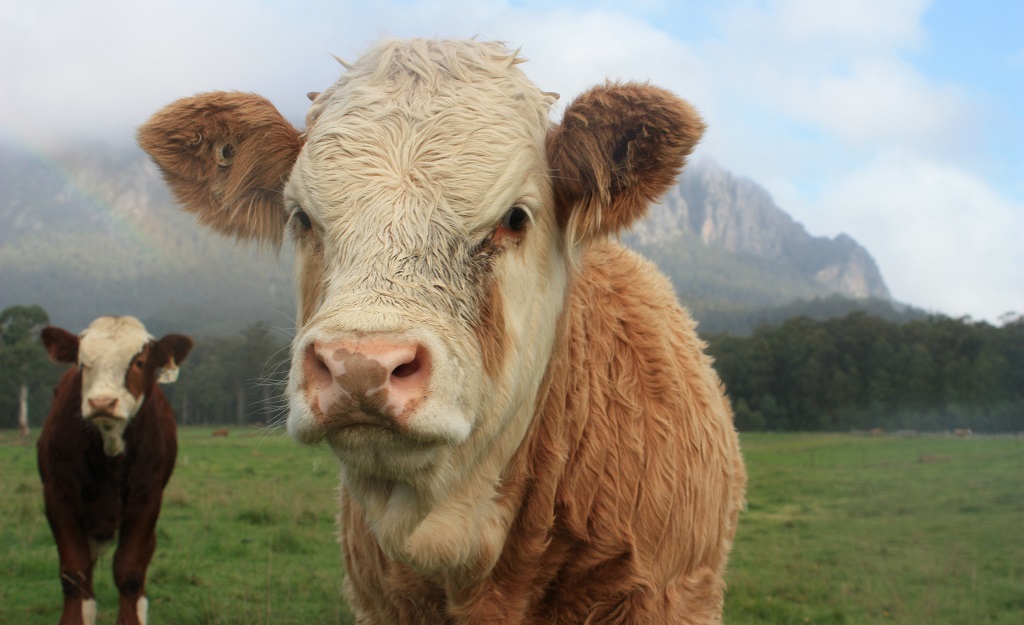A research project designed to track beef from the paddock to the plate and protect Australia’s beef production was launched yesterday at QUT.
Marcus Foth, Professor of Urban Informatics at the QUT Design Lab said BeefLedger is an industry-led project bringing together design, business, technology, and food research. It is one of the first cabs off the rank supported by the QUT-based $200 million Food Agility CRC.
An overview was presented by Professor Foth at The Promise of Blockchain for Food and Agriculture at QUT’s Gardens Point campus on Monday 4 December. He was joined by Warwick Powell of Sister City Partners and CEO of BeefLedger Limited which launched its BeefLedger Token (BLT) Pre-Sale – a new digital cryptocurrency for people to contribute to, and participate in, the project.
“The BeefLedger Token, or BLT, is being developed as part of the design and implementation of the world’s first application of distributed ledger or blockchain technology to the entire beef supply chain,” Professor Foth said.
“It has the potential to revolutionise the industry by limiting price fluctuations, supporting food provenance and preventing food fraud, which is a growing problem in international export markets.
“If you are a consumer of Australian beef in China, Japan or elsewhere, then you are expecting a premium experience and not inferior meat being passed off as Australian, which has been the subject of recent food scandals.
“The BLT will power the BeefLedger Blockchain and provide users with the value-added benefits of access to credentialed provenance data, sale history, consumer feedback insights, disease prevention, streamlining payments, and heightened food security.
“So whether you are a farmer, a supermarket, a butcher, a restaurateur, a consumer or another interested party, you will be able to access the entire history of the meat electronically by scanning a barcode or QR Code.”
Mr Powell added that BeefLedger was designed to be a wholesale data platform that delivers credentialed food provenance data to consumers, driving value growth for the supply chain as a whole and delivering additional income to producers in recognition of product provenance excellence.
“Our aim is to empower producers to serve the growing middle class markets of Asia, in particular China, and meet the market’s increasing expectations around food provenance and safety,” Mr Powell said.
“BeefLedger supports the strong reputation Australian beef producers already enjoy as safe, clean and green suppliers.
“Beef is an increasingly high-risk industry in terms of brand so it’s critical to be able to prove it is top-quality Australian beef and not a product from a country that has had an outbreak of foot and mouth disease.
“Our research in China demonstrates consumers will pay premiums for high levels of security and the value that food provenance can add to the consumer experience.
“Chinese consumers also increasingly shop with their smart phone, where scanning QR codes for product information and payments is now commonplace. The paddock-to-plate nature of BeefLedger meets this market expectation so that Australian beef remains at the forefront of Chinese consumer experiences.”
Professor Foth said BeefLedger would also return benefits to communities in regional Australia as credentialed food provenance lifts the veil between producers and consumers.
“What we hope to see is a fairer and more sustainable supply chain, which is better for everyone – including regional communities – over the long run,” he said.






